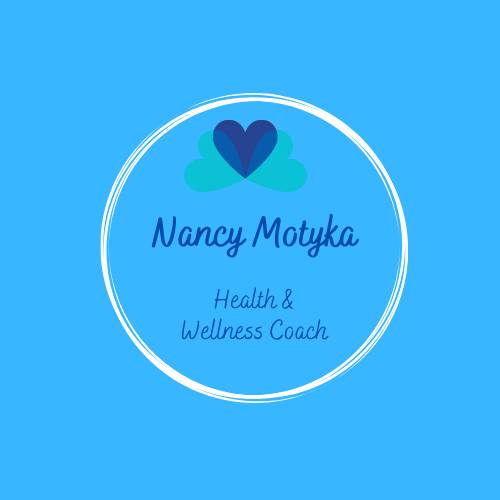If you are like me, sleep can be hard thing to accomplish. There are days where I crash and burn, and sleep like a baby. Then there are nights where I look at the clock every hour on the hour. What did I find in my research to help with this annoying situation?
First, the best move I did was to take the TV out of my bedroom. There are studies that prove having a television in the room disrupts sleep cycles. Give yourself a good hour or two before bed with NO screens meaning phones, tablets, computer or television. The average American spends around five hours watching television a day, plus the time on their computers at work, eye strain is a big concern of healthcare professionals. I have switched to using computer glasses at the office. They have a coating that reduces the blue light. When you have to get new glasses that is a great way to cut the effects of the light from the computer screen. Did you also know that TV + Bedroom = recipe for weight gain? Grab a magazine, book, or listen to music for at least an hour to two before ending your day.
Stick to a sleep schedule- Go to bed and get up at the same time everyday, yes even on weekends. This helps to regulate your body’s clock and could help you fall asleep and stay asleep for the night. Practice a relaxing night time ritual. Dimming the lights will also help your body realize it is time for bed. The bedroom should be cool, 60 to 67 degrees is the best. I love to keep a window open at night, even if its only a crack, even in the cold winter months. Fresh air will help keep you in a deep sleep.
Sleep on a comfortable mattress and pillows. The life expectancy of a mattress is 9 to 10 years. There are many different kinds, and models. There are also many furniture companies that will let you do a test drive! It is a big investment, take your time and do a little research.
Avoid alcohol, cigarettes, and heavy meals two to three hours before bedtime. Wind down! Your body needs time to shift into sleep mode, so again, spend the last hour away from digital items.
How much sleep do you need? I used to hear from my parents, the older you get the less sleep you need! Not sure that is the case, by what I have been reading. Most adults need 7 to 9 hours of sleep a night. Many people feel that they can catch up on their sleep on the weekend, but depending on how sleep deprived they are sleeping longer on the weekend may not be adequate. Sticking to your sleep awake cycle is the best.
Tracking Sleep Through Smart Technology
Millions of people are using smartphone apps, bedside monitors, and wearable items (including bracelets, smart watches, and headbands) to informally collect and analyze data about their sleep. Smart technology can record sounds and movement during sleep, journal hours slept, and monitor heart beat and respiration. Using a companion app, data from some devices can be synced to a smartphone or tablet, or uploaded to a PC. Other apps and devices make white noise, produce light that stimulates melatonin production, and use gentle vibrations to help us sleep
I do recommend the 3 smart watches by VYVO. These health bands offer many ways of tracking your sleep patterns. They offer 3 different models with different price ranges. I use the new ICON. One of the many reasons I purchased my smart watch from VYVO, is because of the security to my information. It is guaranteed that they will not sell my data. You can check out the different models at: https://my.vyvo.com/store/namotyka. At a later date I will go into further details on the differences of the smart watches by VYVO.
I hope these helpful hints have given you some ideas to get a better night of sleep! Until next time, continue your path to a healthier you!


